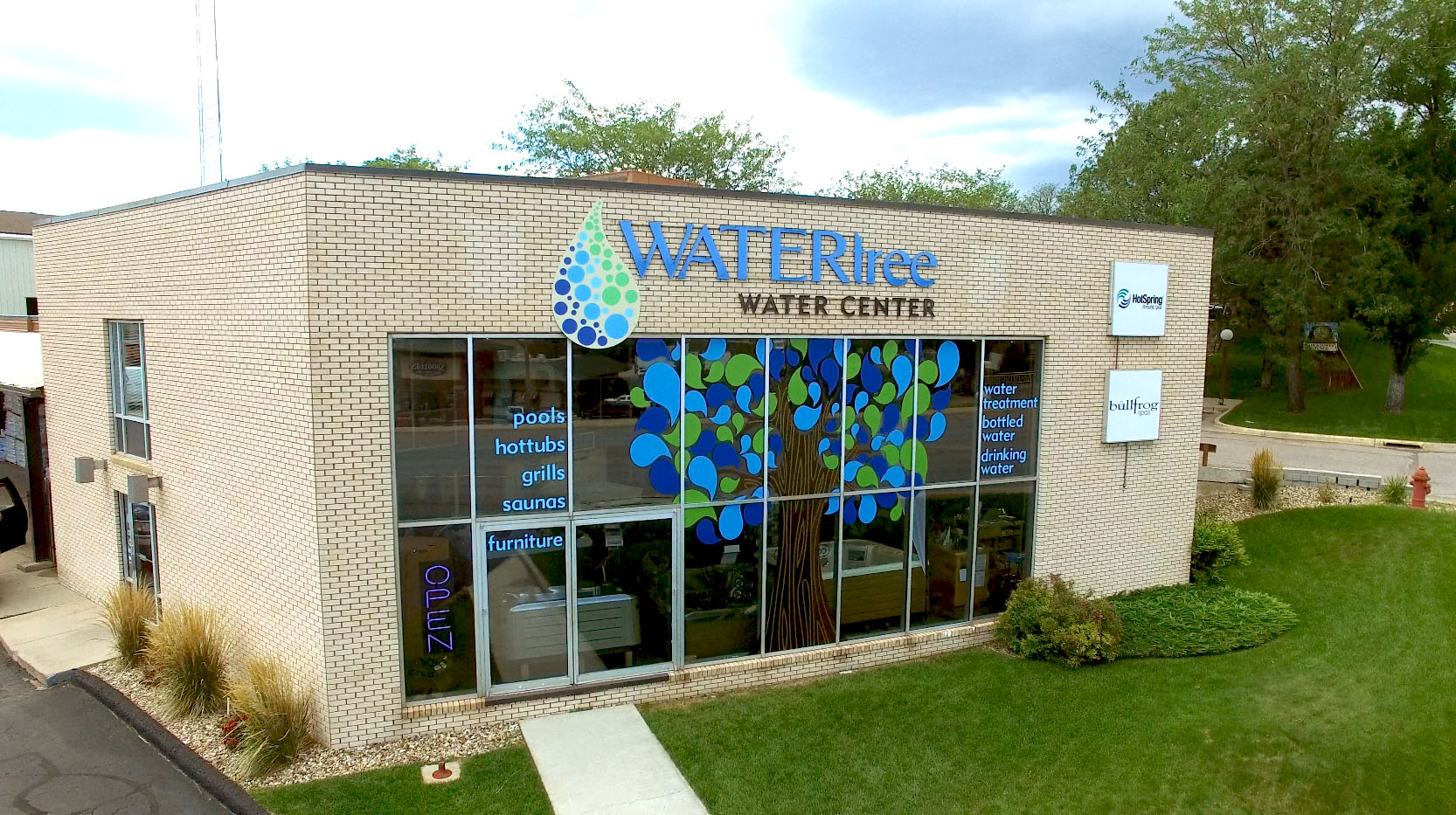
Well Water Quality
Well water from private wells is a double-edged sword—clean, rich, and independent, yes, but likely loaded with dissolved minerals like calcium, magnesium, iron, sulfur, and sometimes heavy metals or bacteria.
While these minerals aren’t always a health hazard, they can wreak havoc on your fixtures, skin, appliances, and taste—making treatment essential for quality and peace of mind.
What’s the Deal with Well Water?
Well water often picks up minerals as it flows through underground rock formations. That hardness you see—white film, scale in kettles, scratchy laundry, dry skin—is largely from calcium and magnesium.
Iron can stain stains, sulfur stinks, and bacteria or nitrates pose health issues. Since wells aren’t regulated like city water, you’re responsible for knowing exactly what’s in your water.


Why It Matters
- Scale & Damage: Hard water leads to buildup that reduces lifespan of heaters, dishwashers, and plumbing.
- Skin & Hair Issues: Mineral residue dries skin, dulls hair, and exacerbates eczema.
- Ugly Stains & Odor: Iron leaves orange stains; hydrogen sulfide smells like sulfur eggs.
- Health Risks: Nitrates, arsenic, radionuclides, bacteria, and heavy metals may be present—potentially harmful long-term.
What You Need
- Comprehensive Water Testing – Lab-verified tests for hardness, metals, pH, bacteria, nitrates, sulfur, and PFAS to get the full picture.
- Targeted Softening – Deal with calcium/magnesium scale via salt-based or salt-free softeners depending on hardness levels.
- Specialty Filtration – Iron, sulfur, manganese, and heavy toxins need oxidation filtration, carbon, or RO to ensure quality and safety.
Ready for Cleaner, Softer, Safer Water?
FROM OUR CUSTOMERS

Emma W.
Spearfish
Justin S.
Rapid CityFrequently Asked Questions
Annually is ideal—but test more often if you experience changes after heavy rain, nearby agriculture, flooding, or other local shifts
Hardness is mineral scale (calcium/magnesium). Iron causes orange stains and metallic taste; sulfur smells like rotten eggs — each needs a specific treatment system.
Often, yes. Softening tackles scale; filtration tackles iron, sulfur, bacteria, and heavy metals. Your test results guide what combination fits your home.
Well water pH below 6.5 or above 8 can damage filters and impact effectiveness. We'll test and correct with pH adjustment before other systems

Ready to solve your water problems?
Complete the form below to get started.



